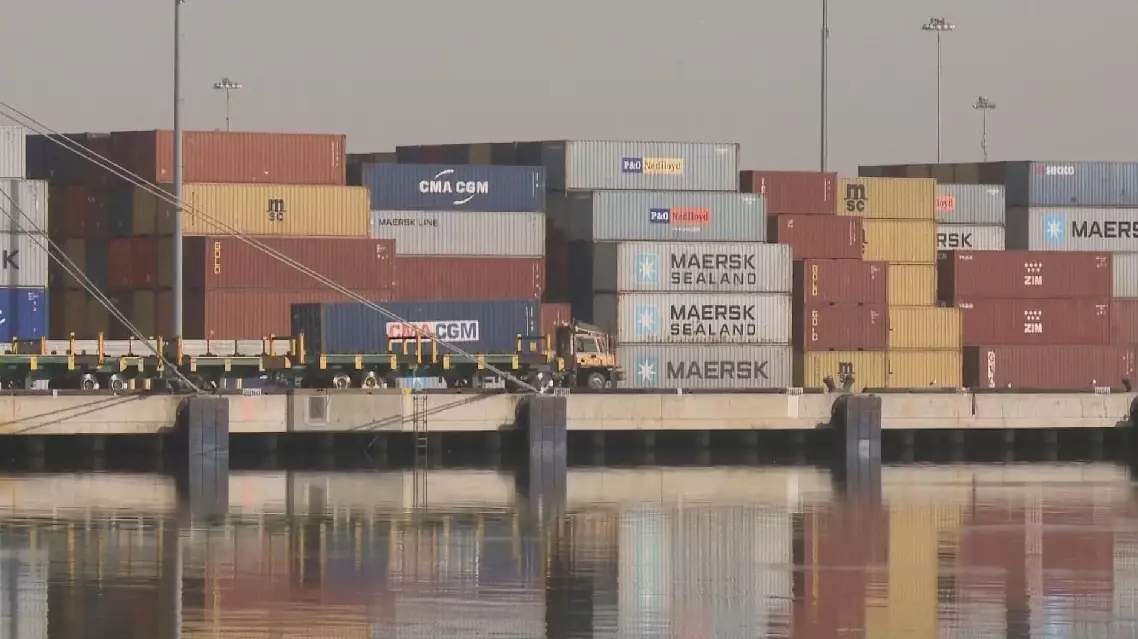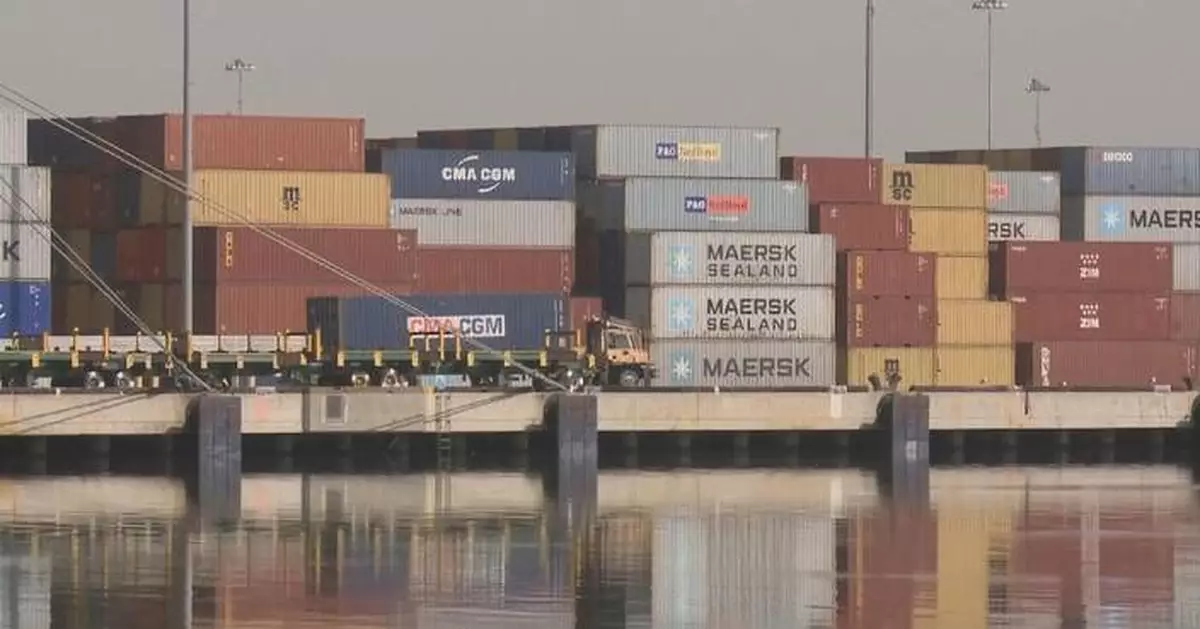The Trump administration's unpredictable tariff policy has sparked heated debate about the real motivations behind these moves which have caused chaos on the global markets in recent days, with a Fordham University economics professor suggesting that part of reason is that the U.S. views China's rapid development as a threat.
In an interview with the China Global Television Network (CGTN), Yan An, the Robert Bendheim Chair Professor in Economics and Financial Policy at Fordham University, assessed the real motives which have driven U.S. President Donald Trump to launch his aggressive tariff strategy, with China being the biggest target.
Yan said one of the major reasons comes from pressure from voters who expect Trump to follow through on his so-called 'America First' agenda, which looks to turn away from globalization amid accusations of "unfair treatment" to the United States.
"Trump feels that the old system has failed. The system has not worked out to what the United States or Trump has hoped for. Globalization benefits the U.S. only the top population, but the majority of the U.S. population and especially the Trump voters, they do not benefit," he said.
"The second question is that why is the tariff [policy] the choice of de-globalization? I think that's because Trump and his supporters think the reason for globalization to fail is because of the unfair trade policies, trade barriers, and industrial policies," said Yan.
According to the professor, China's rapid development has raised concerns in the U.S. that it may soon overtake America in both manufacturing and technology.
"China has been outgrowing the U.S. for decades. Its economy has surpassed or is on the path to surpass the U.S., not only on the manufacturing side, but also on the high technology, which we know has been the growth engine of the U.S. Now, the U.S. realizes China is a sustainable threat and that China's model could be better than the U.S. You have to compete in the globalization era," he said.
Yan also warned that the ongoing trade conflict between China and the U.S. could be a prolonged issue.
"If you think about these backgrounds, I think this kind of conflict, the tariff policy against China could continue longer than the policy against the Europeans, against Japan, against other countries. The Chinese market, and also the economy could be affected longer than the other countries, other markets," he said.

US tariff policy driven by fear of being surpassed by China's rapid development: expert




















































